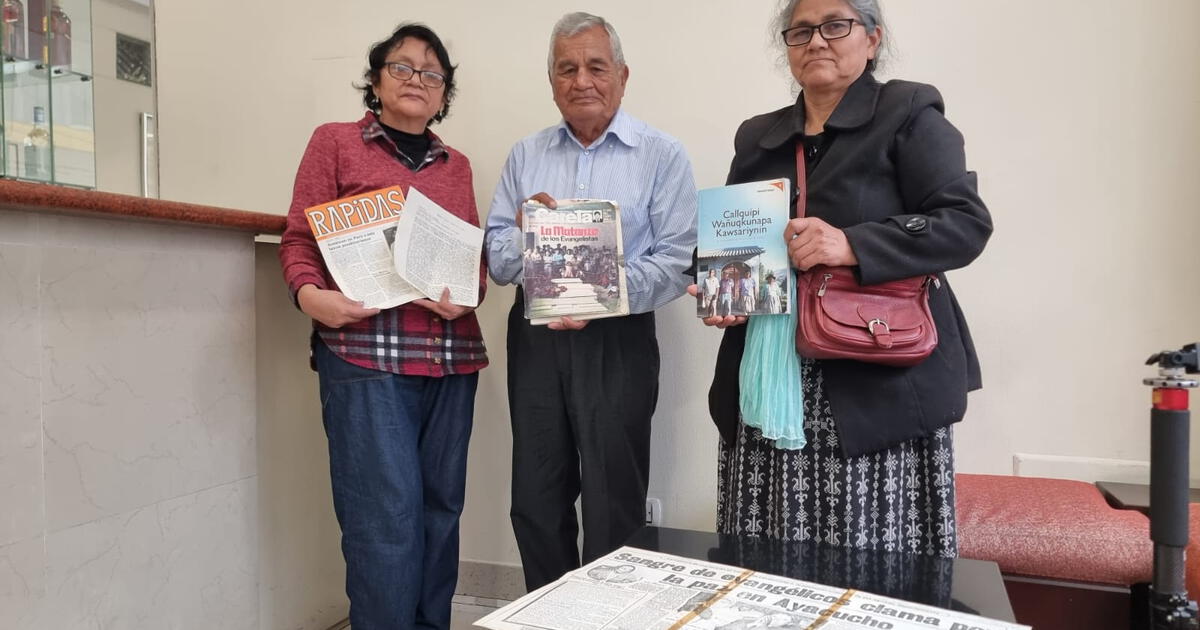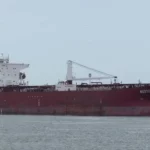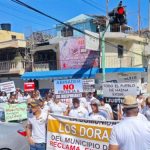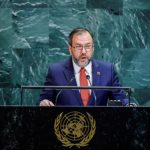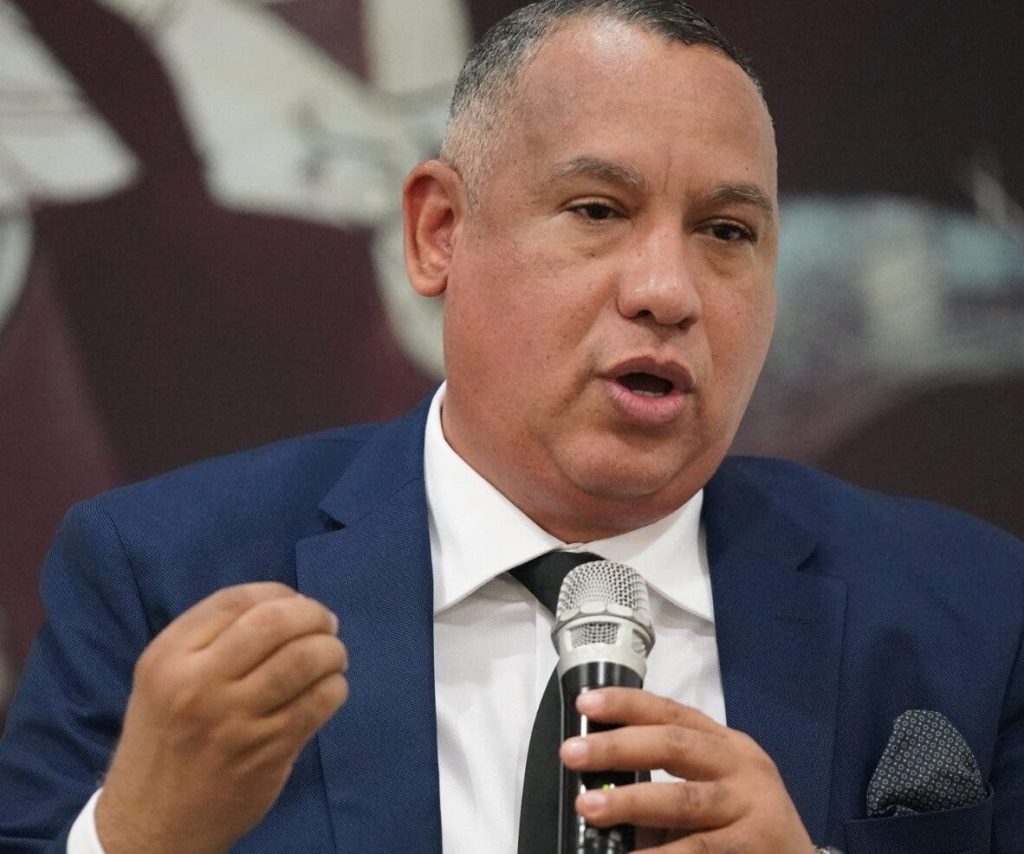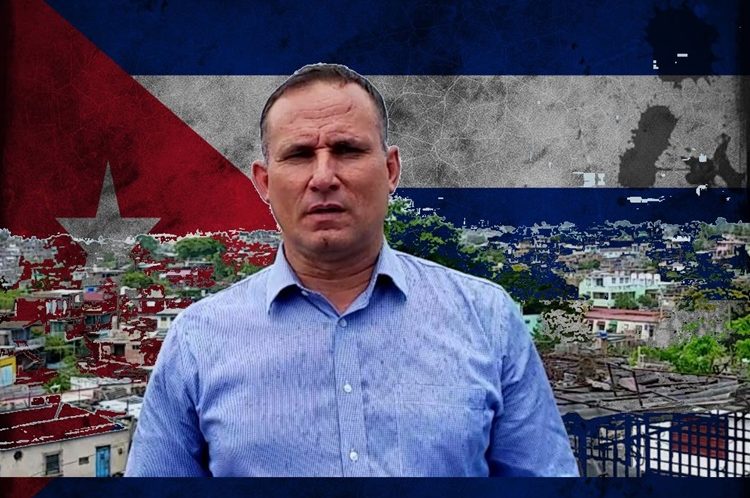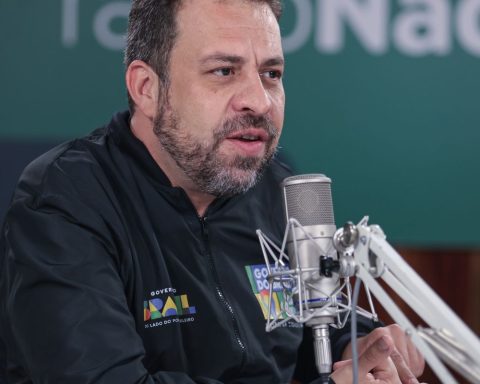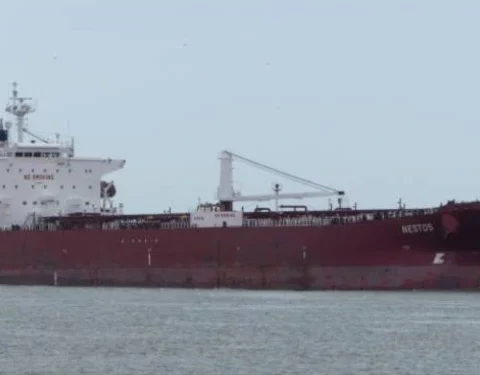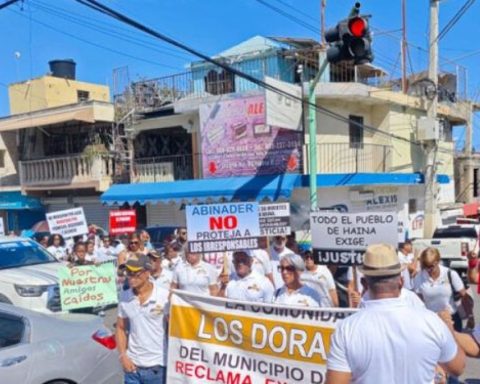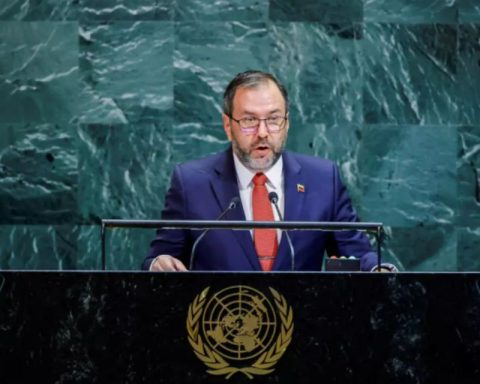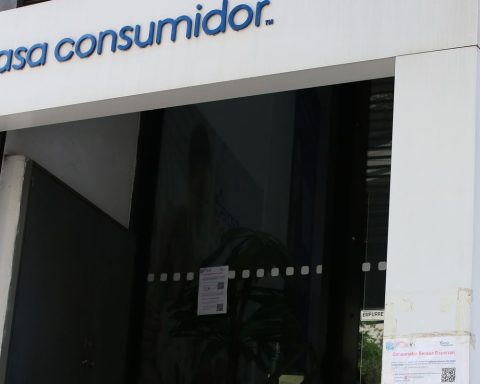The night of the On August 1, 1984, members of the Peruvian Navy entered the Presbyterian Church of Callqui (Ayacucho), took out six young people and murdered them, considering them suspected terrorists. A day later, La República correspondent in Huanta, Jaime Ayala, entered the Navy base and disappeared.. His remains have not been found to this day.
Four decades have passed, but the families of the victims still have not found justice and They fear that in the next few hours, the Peruvian government will enact an impunity law, which seeks to prescribe the statute of limitations for crimes against humanity that occurred before July 2002.
How the events occurred
“On that August 1st, there were an average of 28 people in the congregation, including my fiancé, brother-in-law, cousin and nephew, who were killed. I was at home when we heard the shots and when we went out we were plunged into deep grief. They were students, young, full of life and future, but that was the end of it,” Amira said. Quispe: “When this happened I was pregnant and now my son is 39 years old, but until now we have not felt the support of the authorities,” she added.
At the same time, Vicente Saico, retired journalist and authority of the Evangelical Presbyterian Church Cristo Rey de Huanta, He recalls that on August 2, 1984, together with a colleague, he arrived outside the counterinsurgency military base in the town to gather more information about the tragedy in Callqui and the placer learned that Jaime Ayala entered 30 minutes earlier and never left again. “Neither alive nor dead, his body has not been found until now, he has completely disappeared,” he added.
Rejection of the impunity law
The Board of Supreme Prosecutors of the Public Ministry expressed its rejection of the impunity bill, because it would shelve an average of 600 cases classified as crimes against humanity, including the Huanta case. In addition, the Inter-American Court of Human Rights ordered Peru to suspend the processing of this legislative initiative.
However, Congress approved it in the second instance and it is now in the hands of the Executive.
“They have not taken us into account, even though we are citizens and we need the State to protect us. Maybe we are unaware of the laws, but the only thing we ask is that they do not make fun of us,” said Amira Quispe.
Henry Mercado, from Paz y Esperanza, legal defense of the families of the victims of the Huanta case, mentioned that the sense of justice is being attacked and that the insistence on approving this autograph and not obeying international entities is a decision that is against the law. He added that the lawyer of the sailor Luis Celis Checa, sentenced to 10 years in prison for the murder of six evangelicals from Callqui, has specified that he will present a nullity of the sentence.
He also said that there is concern because a month ago the fourth transitional chamber of the National Court of Justice was declared deactivated. “It is proof that they are seeking not only to approve laws, but to deactivate the specialized system in human rights. Instead of moving forward, we are going backwards,” he said.
The lawyer for the Association for Peace and Hope, Henry Mercado, maintains that at this time, they are in the second year of trial of the Huanta case, which includes the murder of six members of a congregation, the disappearance of journalist Jaime Ayala and the Pucayacu mass grave where 60 bodies were found.
In 2014, Jesús Vilca Huincho (guide) was sentenced to four years and in 2021, Luis Celis Checa (patrol chief) was sentenced to 10 years for homicide, classified as a crime against humanity.
Meanwhile, in the current trial, the prosecutor is requesting 25 years in prison for the only two defendants, Gabilondo García del Barco and Rivera Valdeavellano, who are high-ranking officers in the Peruvian Navy.
